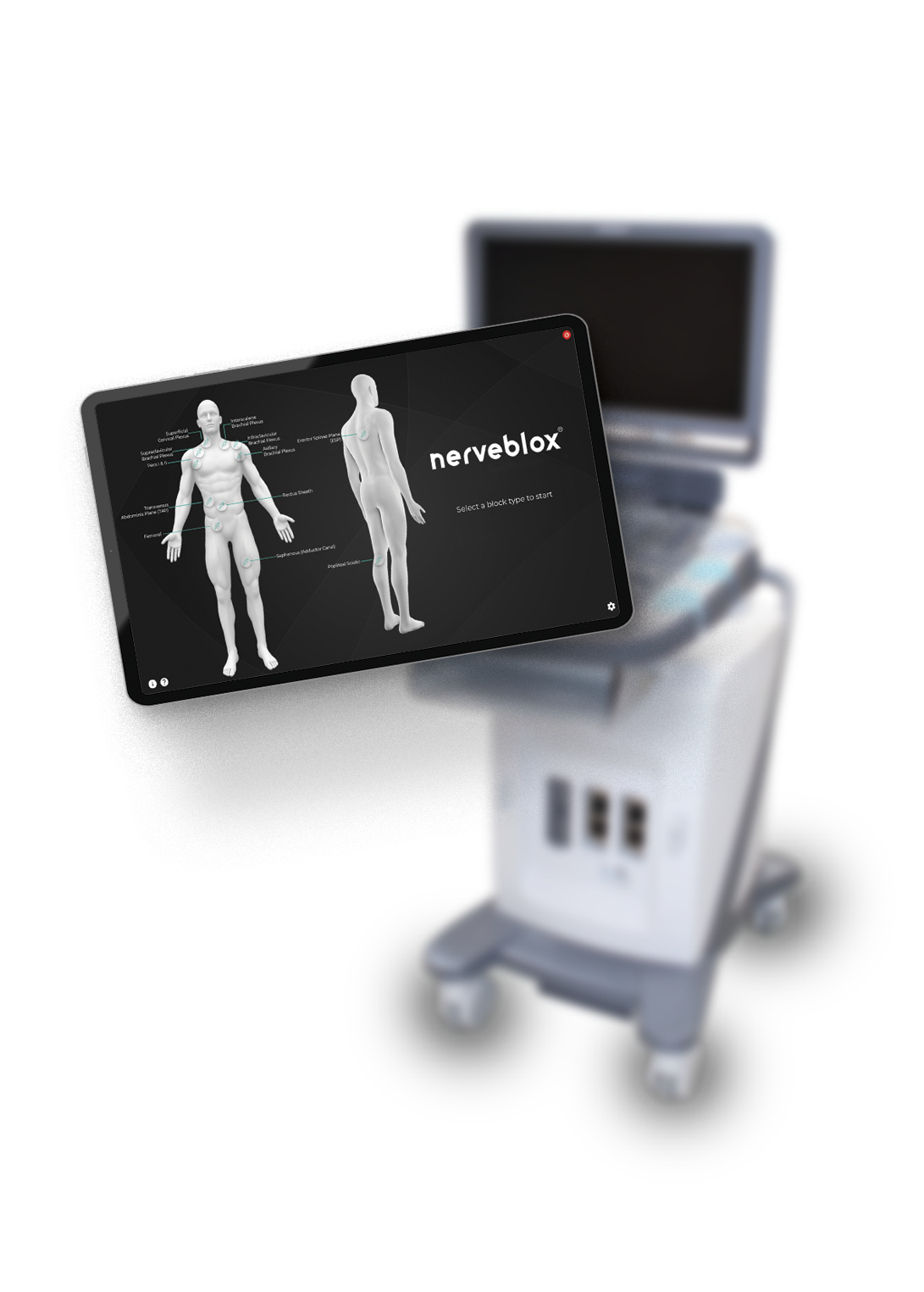
It’s perfect time to use AI in healthcare.
AI systems are able to learn incomparably faster than human beings. This allows us to develop artificial experts tutored in numerous institutes in a short time.
Artificial intelligence, also called AI, describes an automation process that allows machines to mimic the intelligence of human beings. These machines will then be able to copy human acts and complete even complex jobs. In most instances, they are more efficient than human beings. This is the ideal outcome that an AI developer would hope to achieve because the technology typically is created to minimize staff workload and allow them to apply their time to other tasks that cannot be done without human intervention. These and other features of artificial intelligence have caused it to grow in popularity among many industries, including the healthcare sector.
Within the healthcare industry, AI is being used to augment many processes that range from administrative, to client experience, to medical, diagnostic, and surgical procedures. One of the primary areas that AI is being tested to one day be applicable to is anesthesiology. Anesthesiology is the branch of healthcare that governs the relief of pain before, during, and after a surgical procedure.
Anesthesiology is very complex, so even though there were many attempts to incorporate AI into its practice, there are no real products clinically approved to be efficient. However, Nerveblox is a regional anesthesia artificial intelligence product already accepted worldwide by anesthesiologists as a tool for ultrasound guidance training of peripheral nerve blocks either in operation theatre or during pain management. At the time of this writing, Nerveblox was being used by 4 anesthesiology education institutes where it proved to be an irreplaceable ultrasound guidance training tool and generated months of regional anesthesia know-how within. Our research efforts continue to advance AI incorporated anesthesiology, which means that very soon, Nerveblox will serve beyond a software to predict anatomical landmarks for various block types.
Artificial intelligence is already here; it is not futuristic technology. In fact, if we glance around, we are sure to see evidence of it; because of its application to the majority of our activities of daily living.
References
Frakenfield, J. (2020). Artificial Intelligence (AI). Retrieved 11/10/2020, from https://www.investopedia.com/terms/a/artificial-intelligence-ai.asp#:~:text=Artificial%20intelligence%20(AI)%20refers%20to,as%20learning%20and%20problem%2Dsolving.
Hashimoto, D. et at. (2020). Artificial Intelligence in Anesthesiology: Current Techniques, Clinical Applications, and Limitations. Retrieved 11/10/2020, from https://pubs.asahq.org/anesthesiology/article/132/2/379/108833/Artificial-Intelligence-in-AnesthesiologyCurrent
Wilson, D. (2020). What is Anesthesiology? Retrieved 11/10/2020, from https://www.news-medical.net/health/What-is-Anesthesiology.aspx

AI systems are able to learn incomparably faster than human beings. This allows us to develop artificial experts tutored in numerous institutes in a short time.
Nerveblox is a CE marked medical device which indicates that it meets EU safety, health and environmental protection requirements.It is not available for sale in United States and this content does not constitute a clinical benefit nor a commercial offer.